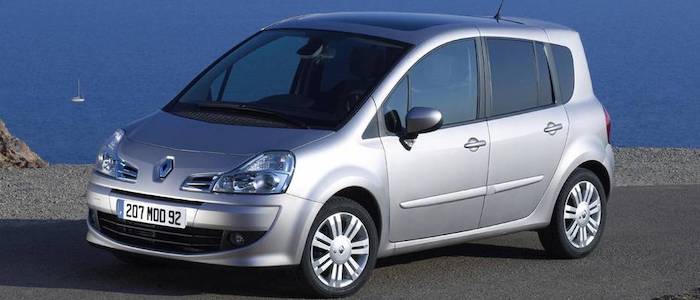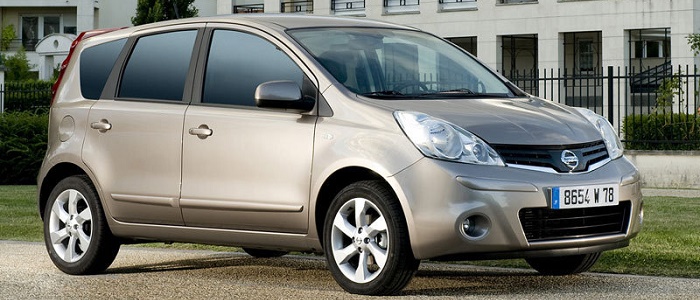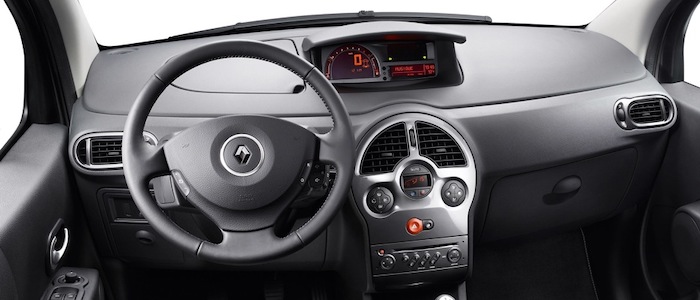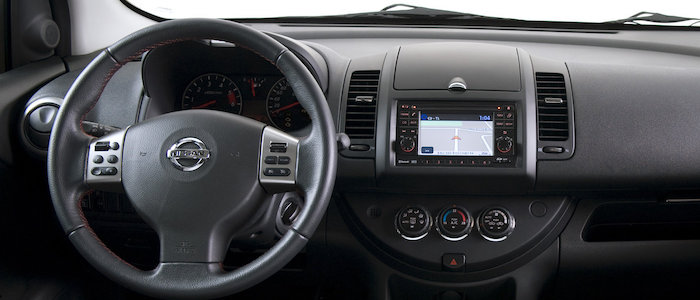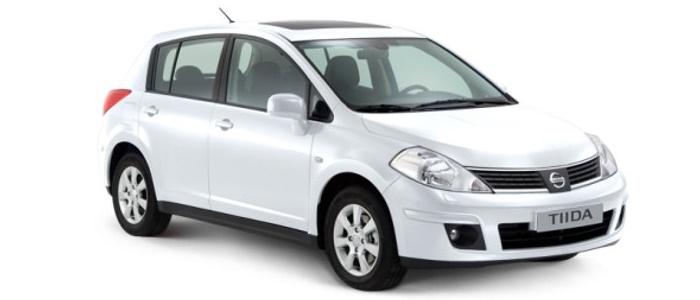Compare two cars
Compare any two cars and get our Virtual Adviser™ opinion
Dimensons & Outlines
Check vehicle history
Engine
1.5 dCi K9K 846
1.5 dCi K9K 846
Performance (manual gearbox)
Performance (automatic gearbox)
Expenses
Virtual Adviser's™ opinion
Well, these are two pretty similar cars we have here! It's only details that could potentially make the difference. Not only that they both belong to the mpv segment and utilize the same 5-door MPV body style, they are even powered by the same Renault-developed diesel engine! There is not much there to point us towards one vehicle or the other. Or is it?
SafetyA starting point here would be to take a look at the results from European New Car Assessment Programme (Euro NCAP) tests which were performed on both of the cars, with the Renault being a slightly better choice apparently. Still, apart from the official crash test results there are other things we need to be aware of. Both vehicles belong to the mpv segment, which is generally a good thing safety-wise, but it doesn't do much to help us decide between the two. Furthermore, taking kerb weight as an important factor into account, the French car offers a marginal difference of 4% more metal.
ReliabilityI don't like generalizing things when it comes to reliability, although it does seem that both brands display similar results in faults and breakdowns, when all the models are taken into account. That's the official data, while our visitors describe reliability of Renault with an average rating of 4.2, and models under the Nissan badge with 4.3 out of 5. The same official information place Grand Modus as average reliability-wise, and Note is more or less at the same level.We should definitely mention that owners of cars with the same powertrain as these two vehicles rank it on average as 4.1 out of 5.
Performance & Fuel economyNissan is a bit more agile, reaching 100km/h in 0.8 seconds less than its competitor. Still, it lacks the power to win the top speed competition, topping at 180 kilometers per hour, 4km/h less than the other car. When it comes to fuel economy things look pretty much the same for both cars, averaging around 4.9 liters of fuel per 100 kilometers (58 mpg), in combined cycle.
Verdict
Renault appears just a bit more reliable, although the difference is truly marginal. The most important thing when deciding between any two vehicles should always be safety, both passive and active. In my opinion, everything taken into account, the French car offers much better overall protection, which launches it ahead of the other contender. When it comes to performance, both vehicles provide similar experience, so I wouldn't point any of them out. the French car still consumps less fuel, which needs to be taken into consideration. All together, there's not much more to say, in this case I wouldn't even consider anything but Renault. Anyway, that's the most objective conclusion I could've came up with and it's based solely on the information found on this website. Aspects such as design, practicality, brand value and driving experience are there for you to measure them out. Also, you could use the oportunity to find out which car, everything taken into account, would be the perfect choice for you in the eyes of the virtual adviser™, among more than 12.000 different ones in our database.
Related articles
Nissan Tiida, commonly known as "What the hell!?", represents a school example of a horribly bad move made by a world-known automotive company. In case the name of this model doesn't ring a bell - don't worry: unlike me, you make part of those 98% of normal people...
Nissan Tiida, commonly known as "What the hell!?", represents a school example of a horribly bad move made by a world-known automotive company. In case the name of this model doesn't ring a bell - don't worry: unlike me, you make part of those 98% of normal people...























